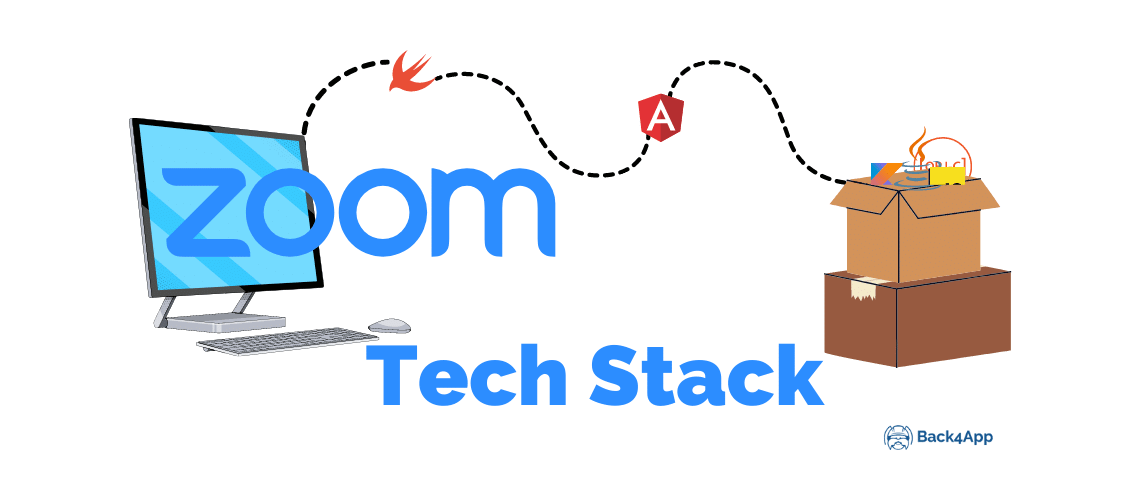Almost every business needs to go online these days, and having a web application is the best a business can do these days.
However, only having the application is not enough. It is also important that the application performs extremely well, and some web applications need to be single-threaded.
For those applications, Node Js is the best development solution. When developing such robust applications, Koa is used because it provides a more expressive and smaller experience for developing web applications.
In this way, the development experience is enhanced, but the website user experience for the users is also enhanced in several ways.
Read More



